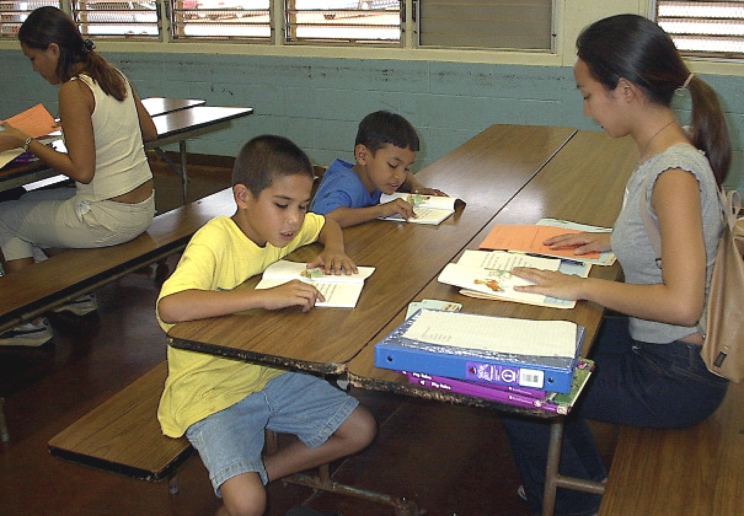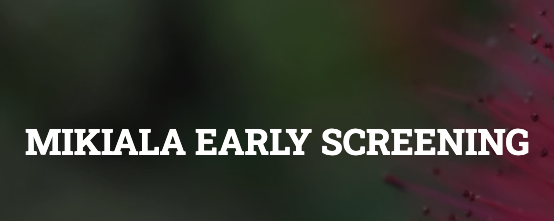Ha'awina Ho'opapau Project

Project Dates: 2003 – 2008
Funded by: CFDA
About
This project is structured to meet the need to reengage Native Hawaiian (NH) students in learning through the development, field testing, and dissemination of culturally responsive high school science curricula. The new curricula will teach through (rather than just about) Native Hawaiian culture, incorporating Native Hawaiian cultural values while also providing the knowledge and skills students need to meet the Hawaii Department of Education’s Performance and Content Standards for science. The project specifically focuses on improving outcomes for NH high school students of greatest need (those at-risk of dropping out or already dropped out, or placed in special education or alternative educational programs), and was submitted under the area of competitive preference to meet the needs of at-risk children and youth. To meet their unique needs, the new curricula is taught using culturally responsive instructional strategies (such as experiential learning activities), differentiated approaches that support different learning styles, universal design allowing for adaptation across a range of intellectual capacities, and assistive technology.
This project addresses six goals through three phases of activity. The first phase reviewed and evaluated existing science and Native Hawaiian cultural curricula for high school students, to determine effectiveness related to student outcomes and cultural responsiveness based on the Hawaiian Cultural Standards developed by the Native Hawaiian Education Council. The second phase used what was learned in the first phase to develop improved curricula that effectively aligns Native Hawaiian and Western knowledge systems in the area of science, with integrated literacy and career education outcomes for 8th, 9th and 10th graders. The curricula is being developed through a collaborative process that brings together kupuna (respected elders), local cultural experts, educators, and curriculum development professionals. The curricula is being field-tested to determine effectiveness in achieving the goal of improving in-school and post-school outcomes for NH youth. The project’s third phase will be to disseminate the curriculum package and work with high schools to sustain the curricula.
The project is conducted by the Center on Disability Studies at the University of Hawaii at Manoa, in collaboration with ALU LIKE, Inc. and Waianae Coast based high schools.


